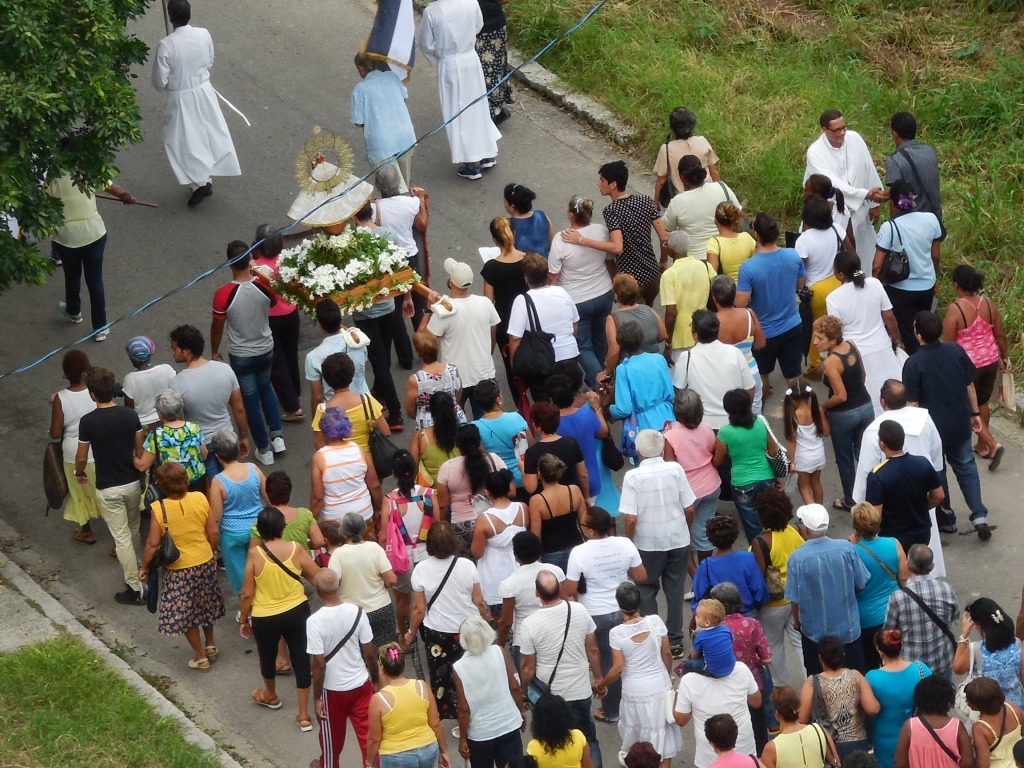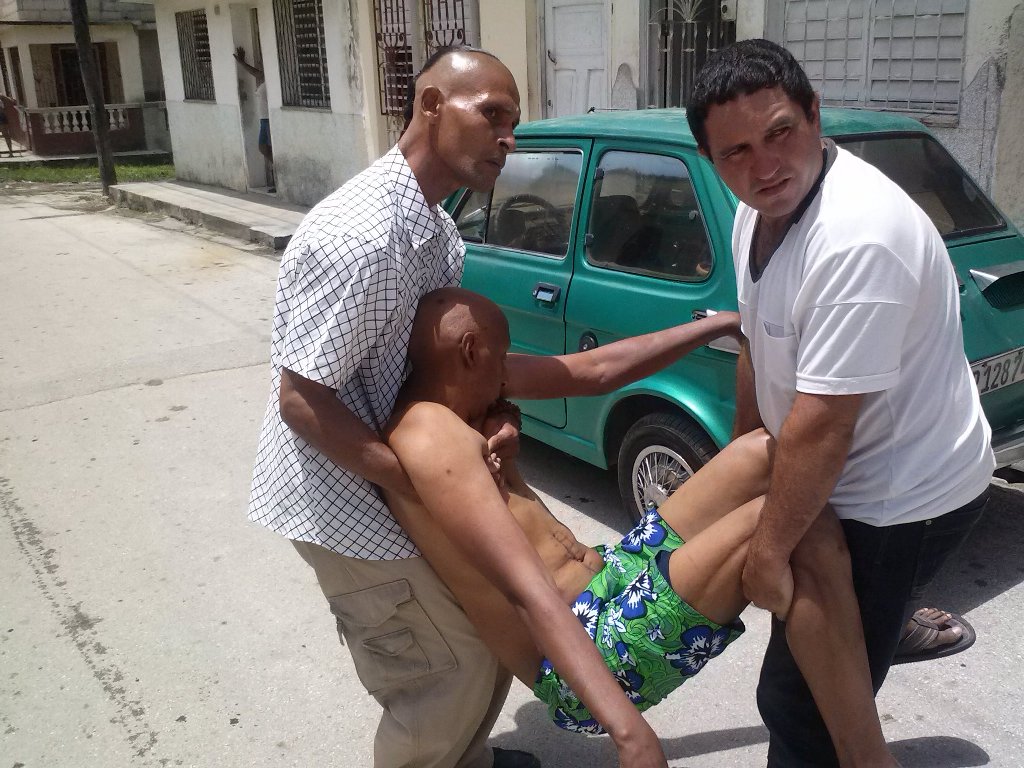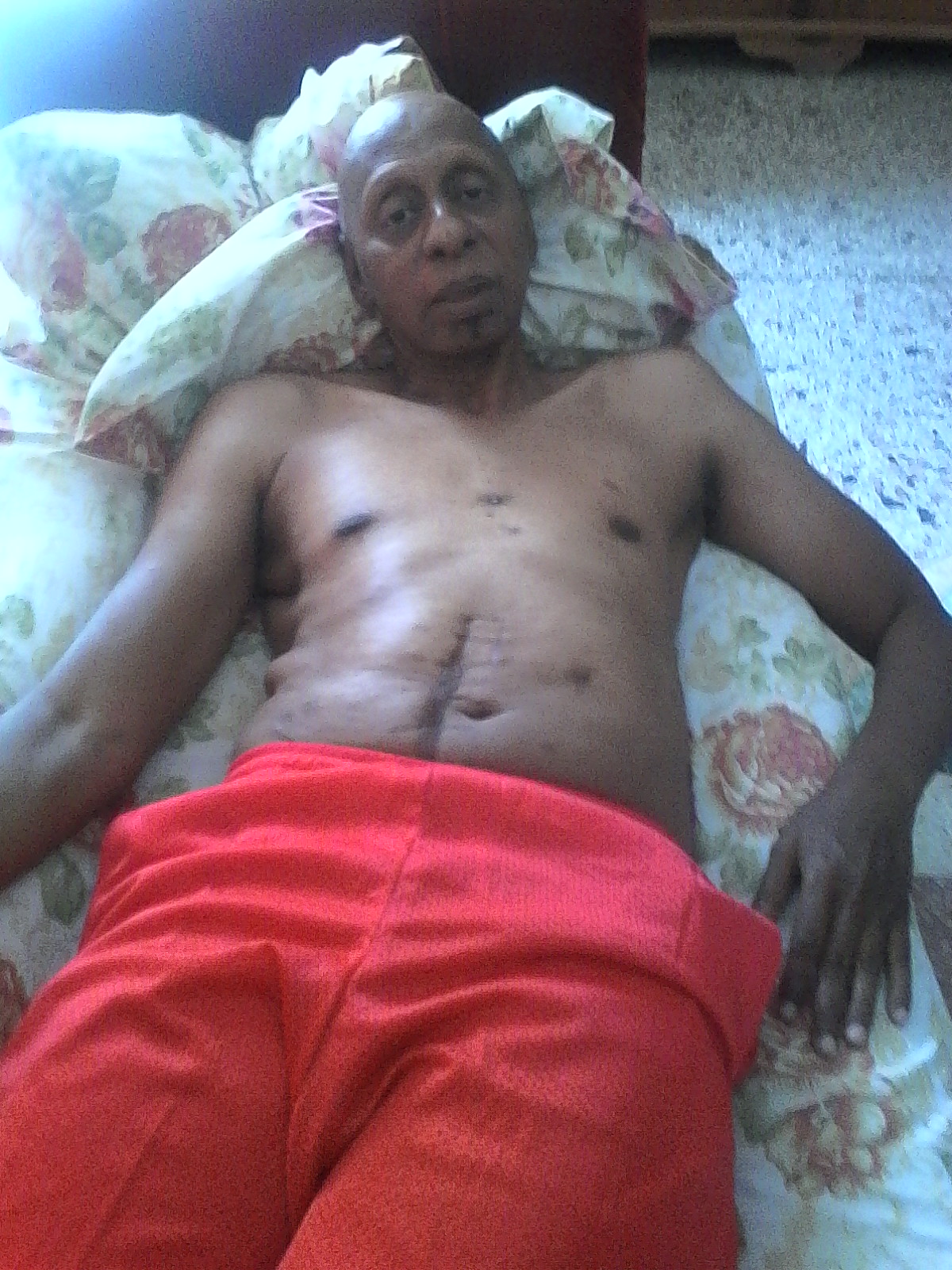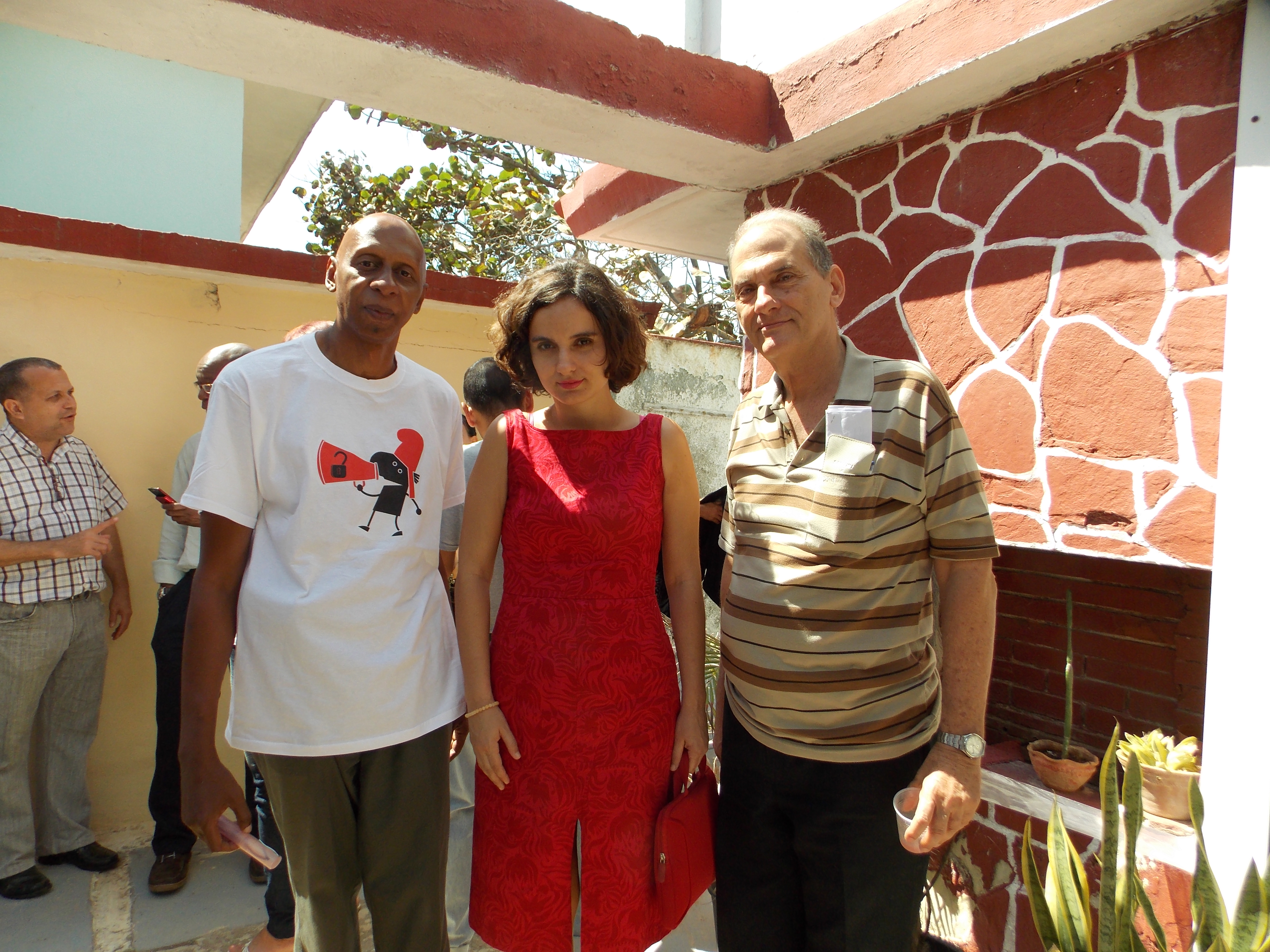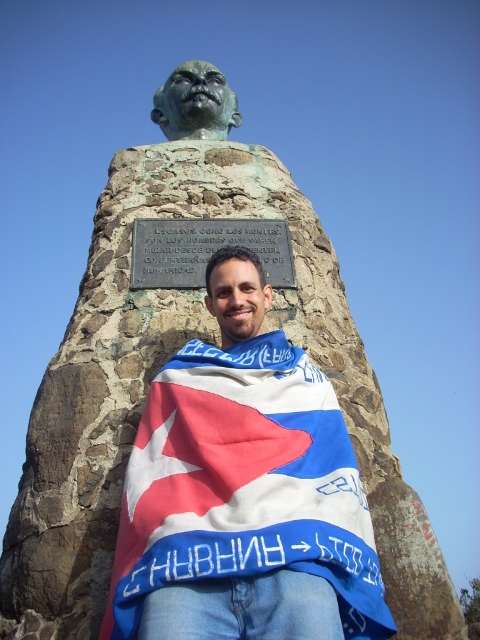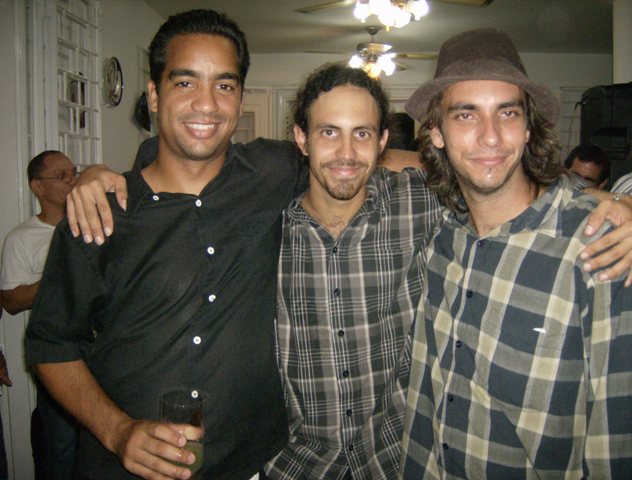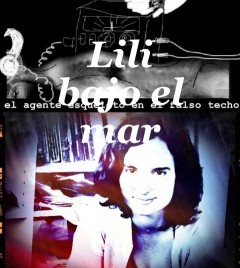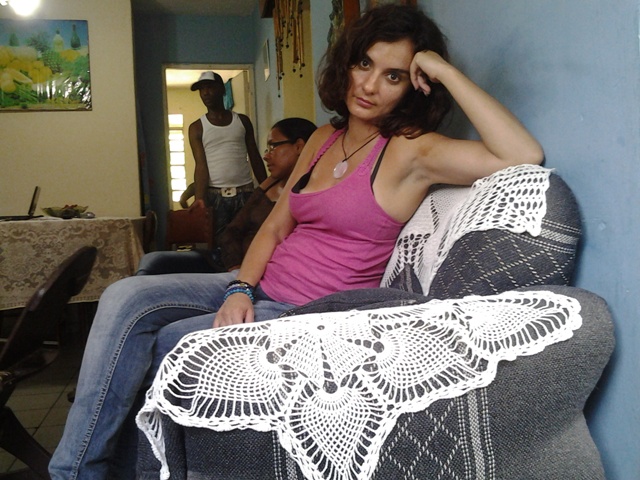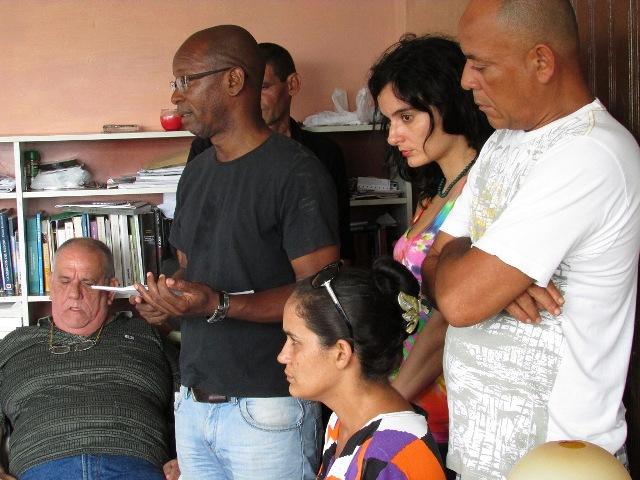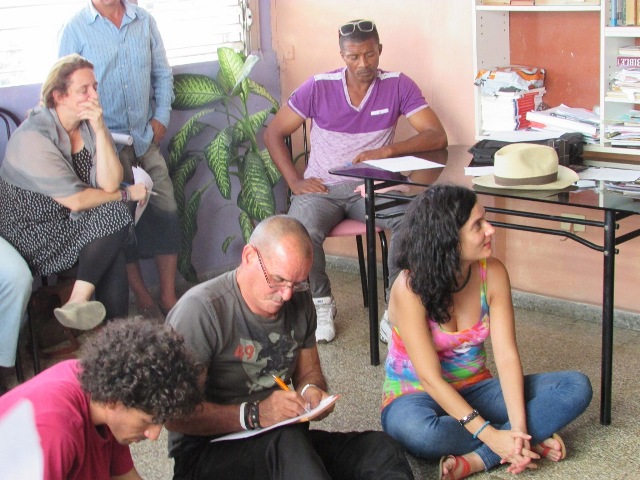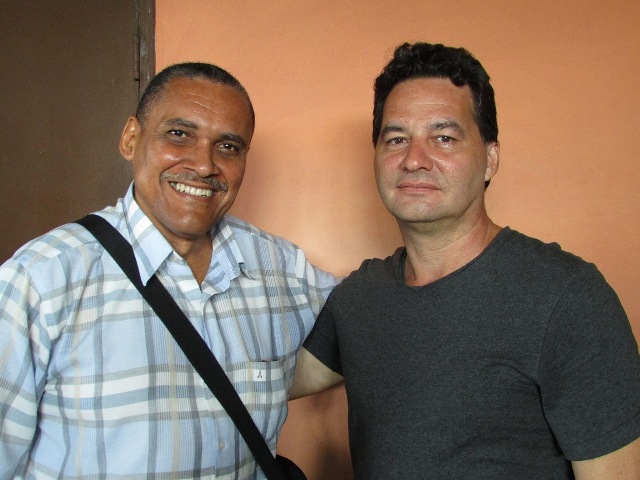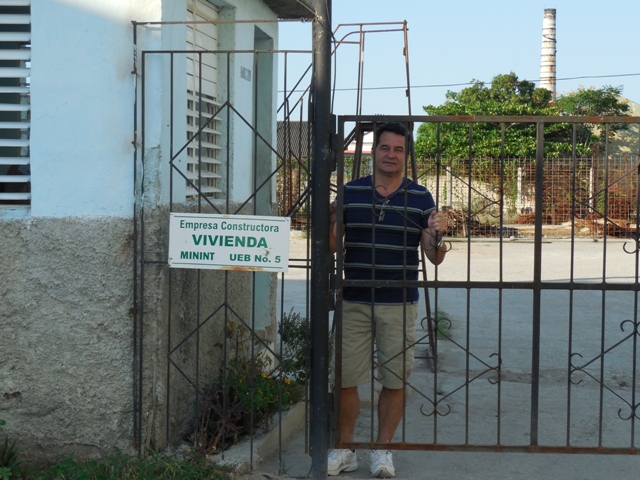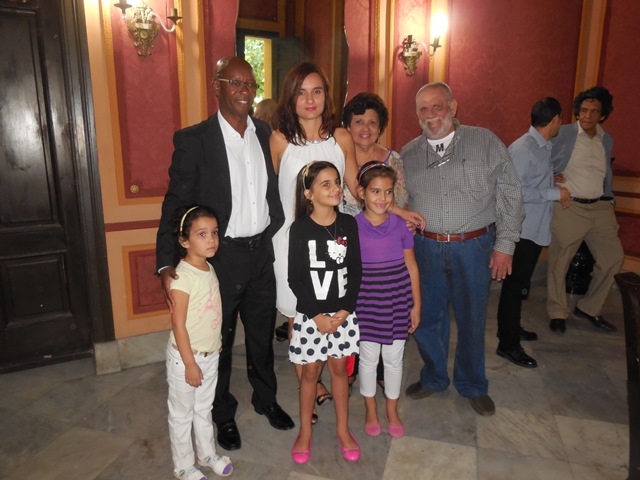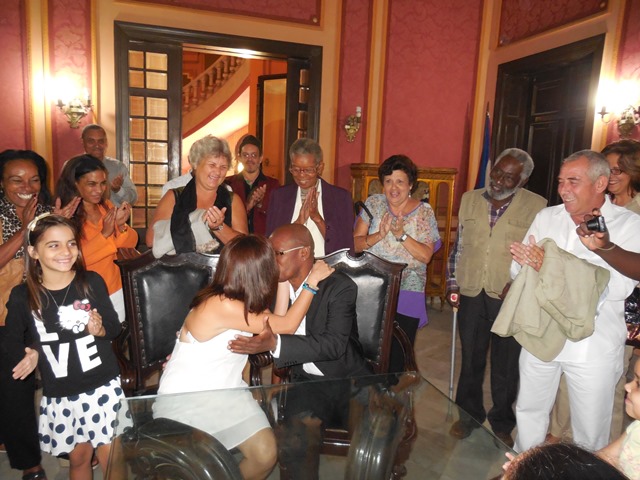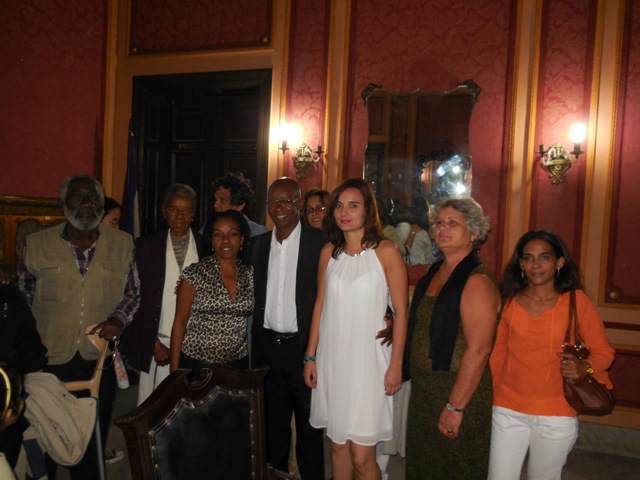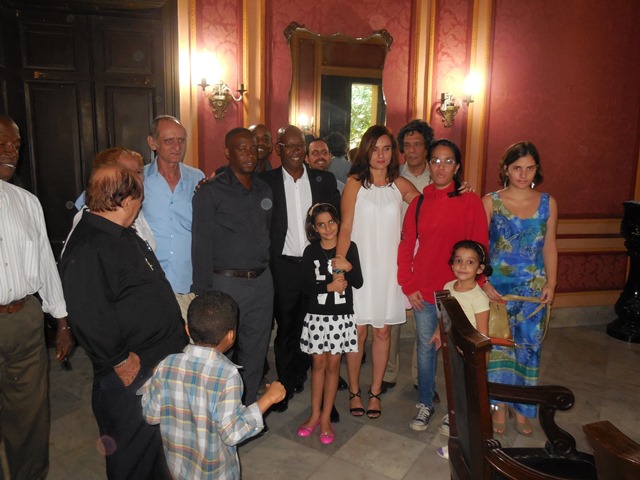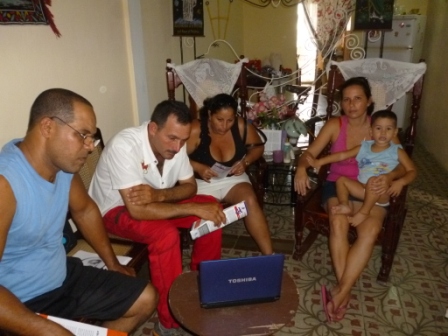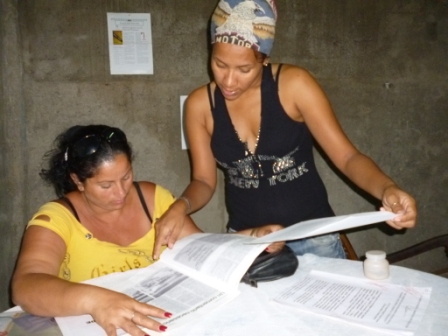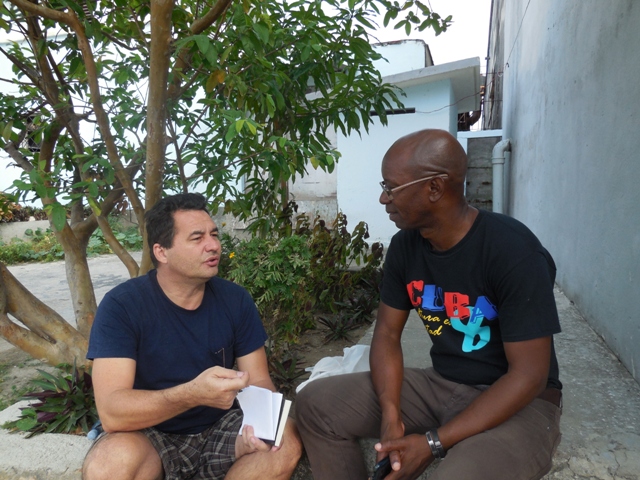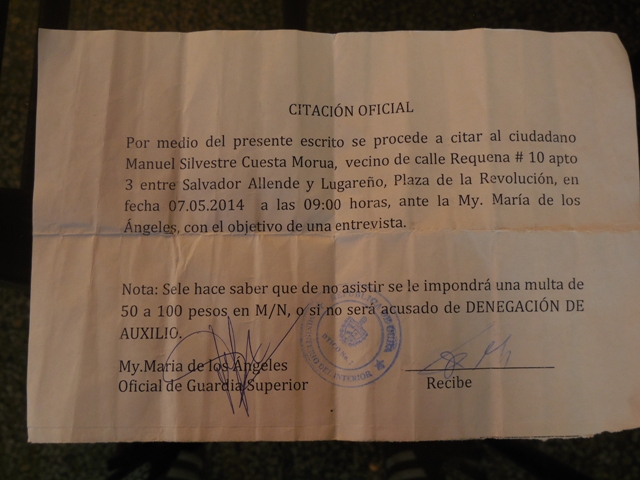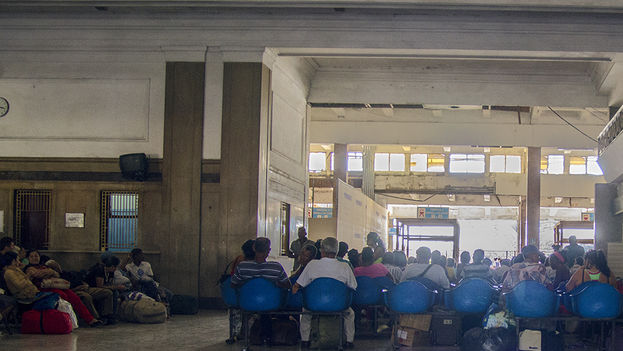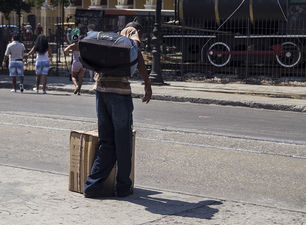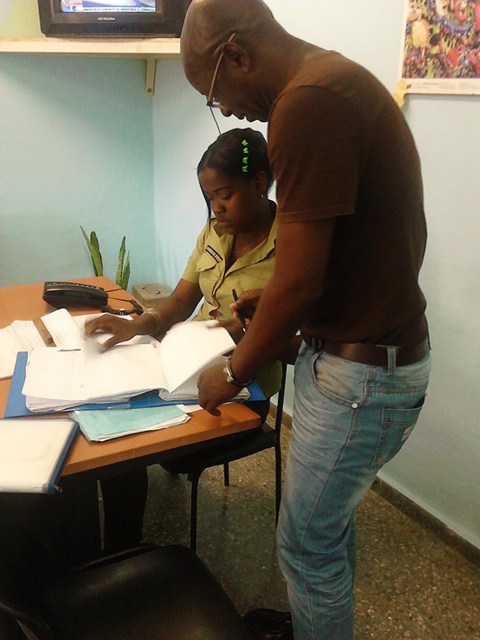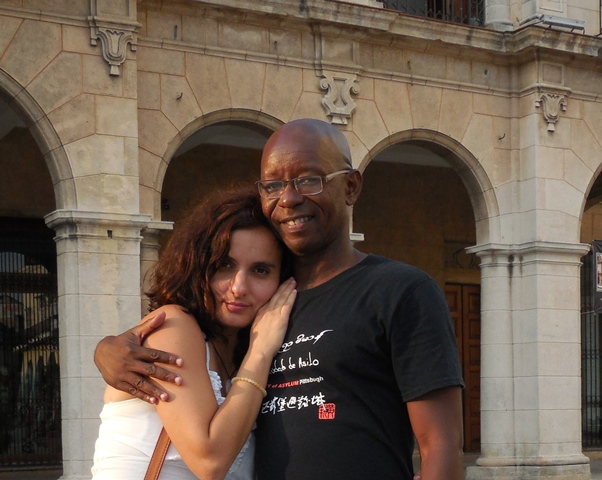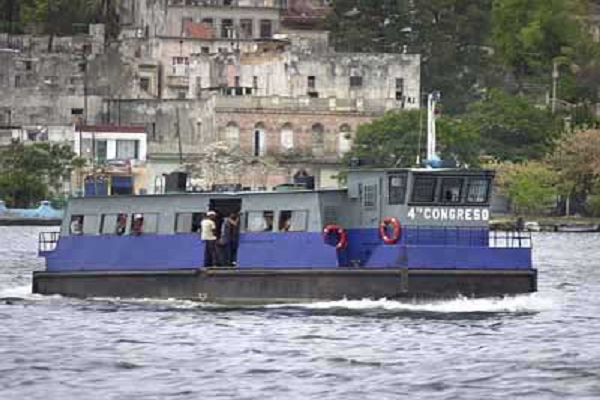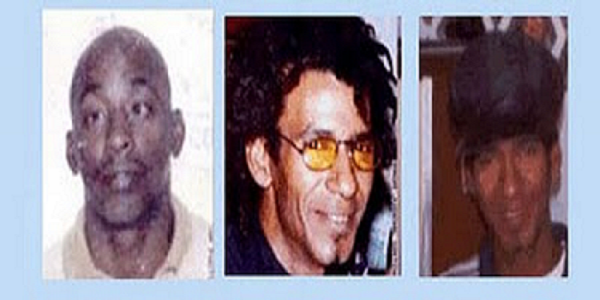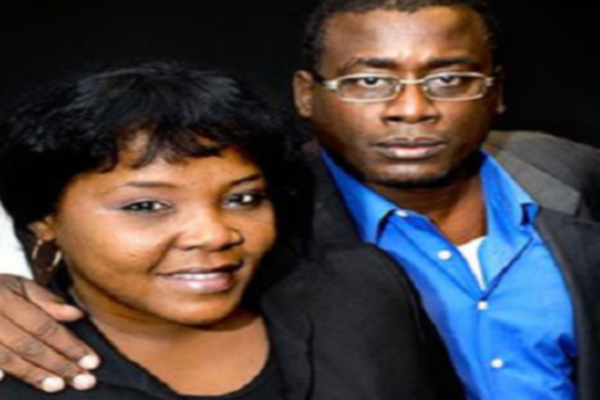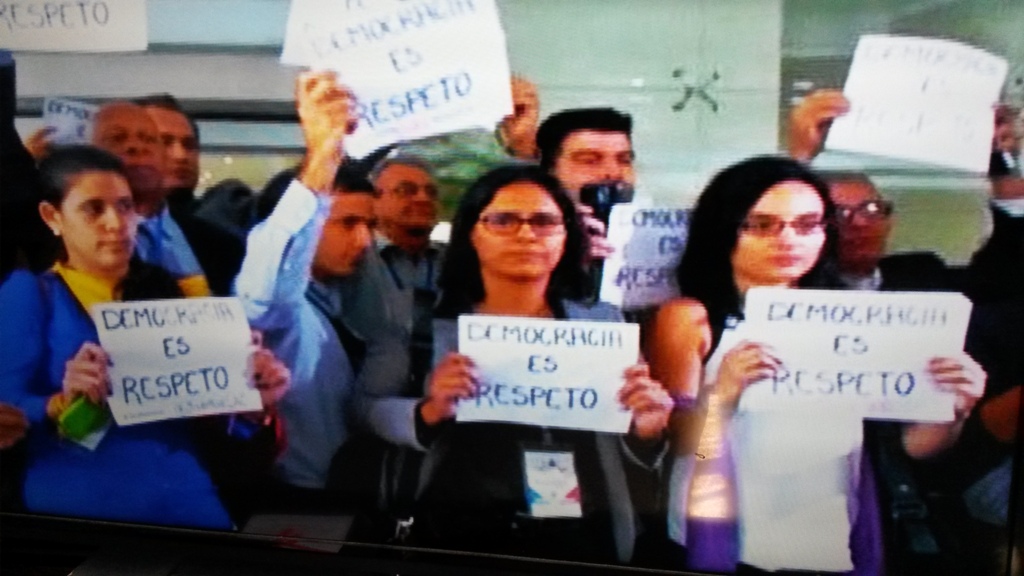
Lilianne Ruiz, 13 October 2016 — Cubans are a captive people. The first evidence of this is that the island’s government will not talk to dissident voices about human rights. It does it with the US government.
In the island’s 43,190 square miles, two completely opposite projects or visions of a nation coexist badly. The two visions of a nation speak different languages. One, theirs, defend its domination; the other, ours, the right to change in a peaceful and democratic way this state of affairs that is so unjust.
For the Cuban government, whose political model of supply is socialism, the language is one of intolerance, the rights of conquest on the social body. The discourse of sovereignty invoked by the regime is incompatible with respect for human rights. continue reading
Government propaganda blames material poverty on the American economic embargo. But doesn’t recognize that it itself is a political aberration, with the state erecting itself as the administrator of our human needs as if it was about an endowment of slaves, an infantilized family, a mass of poor people and failed citizens that cannot freely build their own destiny, because their rights to do so is not recognized by the state.
We, as dissident civil society, have a different vision of what we want our country to be. Without even having to agree, because we are very diverse, we want to resolve the issues that affect us and affect our children, like education, health, culture, the role of the state, through the exercise of our civil and political rights. We want to elect cultured leaders who willingly accept their limitations. We want a free economy, without state interference, because the socialist economy is a condition without which the current government could not exercise its tyranny over society.
To better understand us we could say that our spirit is more akin to the American Declaration of Independence than the Marxism they tried to indoctrinate us with in school. Precisely because the Cuban state-party-government behaves with respect to society like, in their time, a metropolis did with respect to colonies. In its logic there are conquerers and conquered, which is the logic of a relation of forces and not the logic of politics, and does not recognize our rights and in this sense we are a captive nation.
But we’re not really conquered, because there is no chance that we will give up our dreams, that have withstood every kind of storm. Sooner or later dreams find a way to express themselves and end up coming to fruition in the world
We can say that the Castro regime is alien to us, deaf to our affections, because it ignores the spiritual dimension of a liberalizing longing. So the reasons that move the political changes in totalitarian dictatorships are not only political in nature, but above all spiritual.
In the Civil Society Forum in the 7th Americas Summit in Panama, we endured the insults of the alleged civil society of artifice brought by the Castro regime leaders to defend their interests in interfering in the social body and trying to legitimate their domination presenting is as the highest form of humanism. I will never forget the opportunity that premiered at that Forum, of responding to those ridiculous attacks, with which they tried to disqualify us, although the never responded to our arguments, to our signs that said “Democracy is Respect.”
That artificial civil society that launched itself against us, howling, in Panama, is made up of associations registered with government permission or of its own employees.
As long as the government is the administrator of needs, the distributor of benefits, and can treat Cubans like the subjects of its beneficence, given the impossibility of choosing another alternative, our ordeal will continue.
We can’t forget the ultimate purpose of the Socialism which is to create a new kind of human being that has forgotten forever everything that constitutes civilization, and to give a new universal interpretation, especially the significance of human rights.
From the Panama Forum I remember the speech of President Obama. He said, “Strong democracies are not afraid of their citizens.” This is the language of my captive island Not of the government, which engages in sophistry with its interlocutors, as it has tried to fool them for more than half a century.

